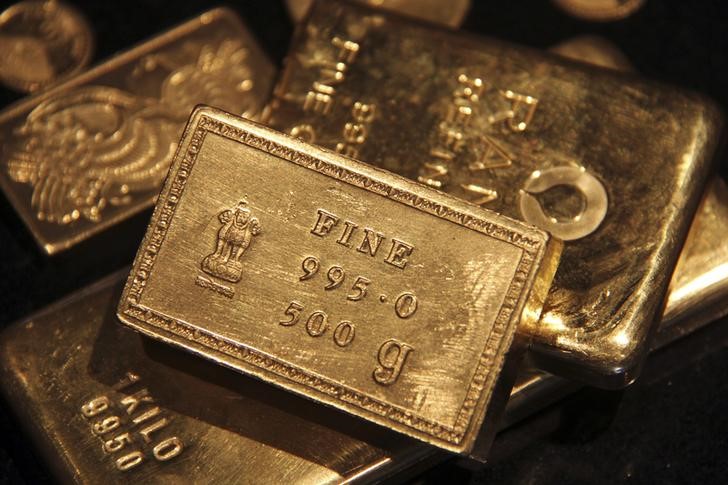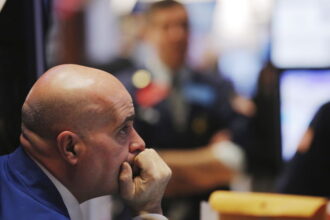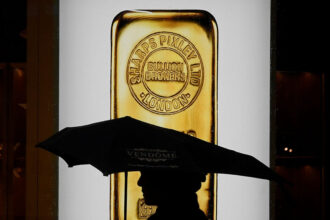By Barani Krishnan
Investing.com — In what appears to be an unprecedented win, gold prices are up 9% for two quarters back-to-back as memory of this month’s U.S. banking crisis keeps the safe haven in demand, even as risk assets rebound from recent lows.
for June delivery on New York’s Comex settled the last trading day for March at $1,986.20 an ounce, down $11.50, or 0.6%.
For the week, the benchmark U.S. gold futures contract was down as well, dipping $15.50, or 0.8%, as it compares with the previous Friday settlement of $2,001.70.
But for the month, it climbed 8%, and, more importantly, for the quarter, it had a $160 gain that translated to a near 9% win.
That quarterly gain is particularly significant as Investing.com data indicates that it’s the first time that gold posted such a large quarterly advance back-to-back. In the previous quarter between September and December, gold futures notched a $154, or 9.2% gain.
Adding a cherry to the frosting on the gold cake was the metal’s proximity to the $2,000 perch for much of this month. In the past two weeks, Comex futures have breached $2,000 on six occasions, reinforcing expectations that it will get to $2,100 in due course to set a new record high.
Gold’s highs came even as the climbed 6% over the past three weeks, shrugging off contagion worries from the U.S. banking crisis that led to the collapse of two banks and the rescue of another amid troubles in the European banking sector as well.
“It’s been a very good start to the year for gold and the banking turmoil in March was another very bullish catalyst for it; so much so that it’s barely given back any of those gains as interest rate expectations have barely shifted back and yields have remained lower,” said Craig Erlam, analyst at online trading platform OANDA.
The Federal Reserve, which has added 475 basis points to U.S. through nine rate hikes over the past 13 months, is expected to end the tightening cycle between May and June. The central bank has ruled out any rate cuts for this year, though analysts aren’t exactly sure about that.
Read the full article here










